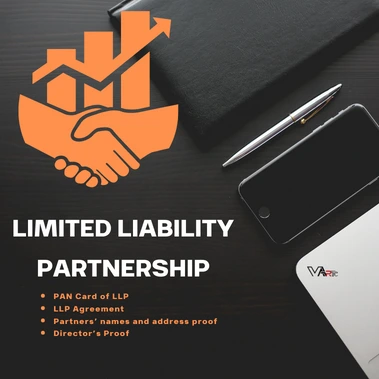Goods and Services Tax (GST) Registration
Goods and Services Tax
Launched on 1 July 2017, the Goods & Services Tax (GST) applies to all Indian service providers (including freelancers), traders and manufacturers. A variety of Central taxes like Service Tax, Excise Duty, CST and state taxes like Entertainment Tax, Luxury Tax, Octroi, VAT are accumulated in the GST. Also, taxpayers with a turnover of less than ₹1.5 crore can choose a composition scheme to get rid of tedious GST formalities and pay GST at a fixed rate of turnover.
Every product goes through multiple stages along the supply chain, including purchasing raw materials, manufacturing, selling to the wholesaler, selling to the retailer and then the final sale to the consumer. Interestingly, GST will be levied on all of these 3 stages. Let’s say if a product is produced in Maharashtra but is being consumed in Madhya Pradesh, the entire revenue will go to Madhya Pradesh.

List of documents required for GST registration

Private Limited Company
- Certificate of Incorporation
- PAN Card of Company
- Articles of Association, AOA
- Memorandum of Association, MOA
- Resolution signed by board members
- Identity and Address proof of directors
- Digital Signature
- Director’s Proof

LLP
- PAN Card of LLP
- LLP Agreement
- Partners’ Names and Address proof
- Director’s Proof
What Are the Components of GST?
GST has three tax components, namely:
- State Goods and Services Tax or SGST which is a state component. Where centre & state will levy GST on all entities for all the transaction in that state
- The Integrated Goods and Services Tax (IGST), to be levied by the centre, when a transaction happens from one state to another.
- Central Goods and Services Tax or CGST, it is a central government
